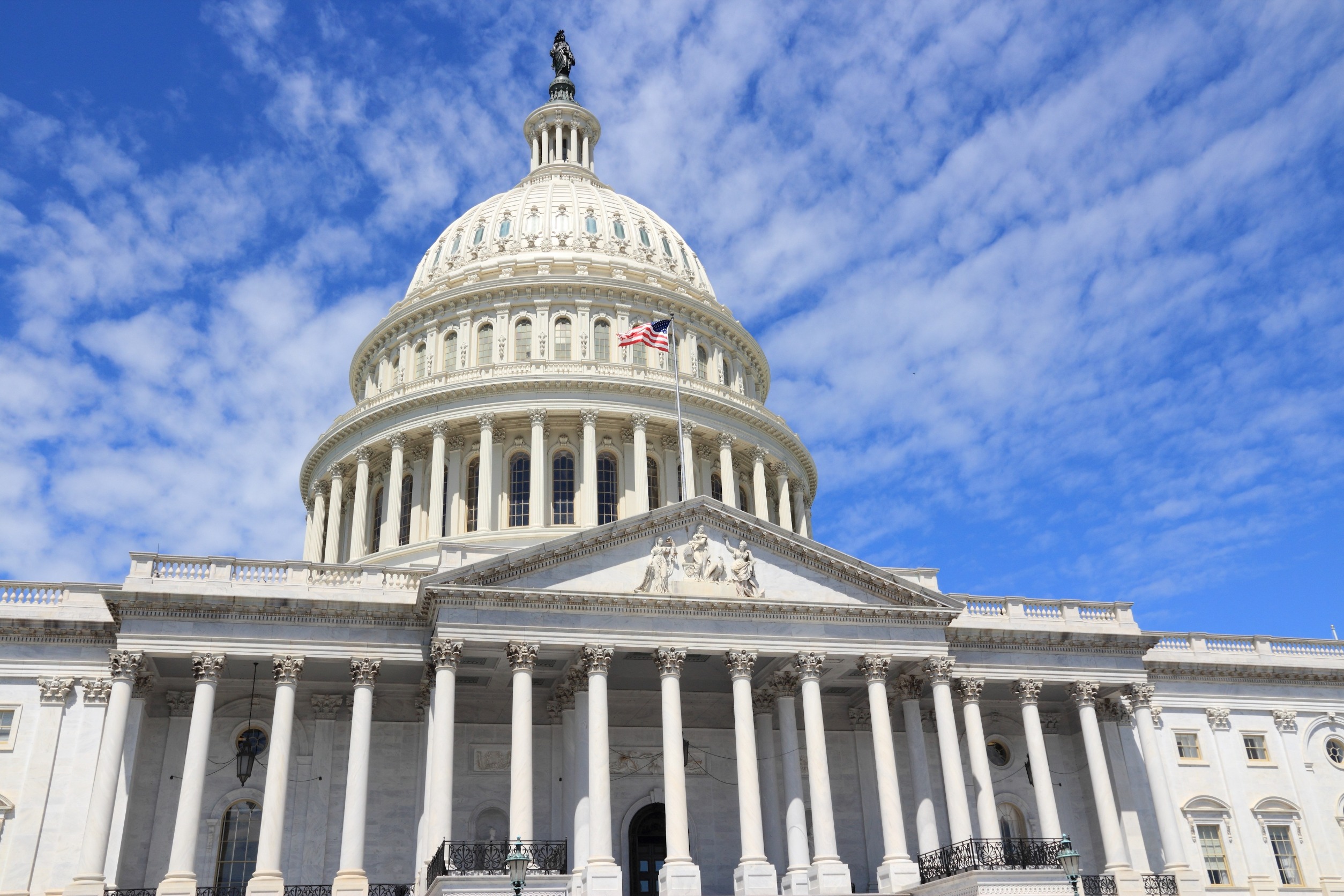Corporate greenwashing aside, there is really no such thing as simple green.
Chip Conley| December 2007 issue
I’ve noticed those full-page ads in The New York Times on Sundays this summer, with the big, bold headline “YOU CAN CHANGE THE WORLD.” While I have many friends who believe in that credo, I didn’t think they had the $100,000 to fork over to see their sentiment in newsprint. Actually, the ads were taken out by Starbucks. Being insanely scared of a potential coffee addiction, I’ve probably had a half-dozen cups of joe in my life so I’m no devotee of Starbucks. But I will say I’ve always admired the pluckiness of the firm, whether it’s giving generous benefits to employees or venturing into the lifestyle-and-entertainment genre. Yet this ad gave me a partial scowl. I’m starting to get a little tired of the ubiquity
of social responsibility and the marketing machine that’s hitting us over the head with corporate do-goodism. Are there no more bad guys in the business world? Yeah right, that’ll be the day.
Don’t get me wrong. I’m a karmic capitalist at heart, believing a long-term (karmic) approach to business can create positive improvements in the world. But when I recently googled “change the world,” I came across rocker Joan Jett’s “Cadillac Story” at the top of the sponsored links. How can an Escalade create positive change in the world? The ad men are up to their old ways.
So we have a good problem: PC pollution (and I don’t mean the personal-computer kind). Every business out there knows it needs to be perceived as Politically Correct. Otherwise it’s at risk of becoming a stock-market dog like Wal-Mart. So Joe and Mary Customer start getting a little confused. Who should they believe? Is that Gap ad campaign featuring the RED merchandise a good thing because it suggests a small portion of proceeds goes to a worthy cause? Or is it a bad thing because it’s a crass attempt to get people to buy things they don’t need, which just adds more crap to the planet? I don’t have the answer, but I do believe we’re likely to see a big shift in the next five years that will help Joe and Mary see beyond the PC BS.
The No. 1 change we’ll see in the socially responsible business world will be transparency. It’s already happening, as smart companies are opening their books, processes and boardrooms to activists and journalists to show that these companies aren’t just bluffing with their ad campaigns. While the stock-market world has had social indexes like Domini for years, the consuming public hasn’t had any “Good Housekeeping” seal of approval that globally says, “This company walks its talk.” A number of savvy folks are in the process of creating those seals of approval and I welcome them because it will be a nice filter for all the socially responsible advertising clutter we’re starting to see.
In sum, can you truly change the world? No, not by yourself, but that doesn’t mean you don’t try. I’m encouraged that the business world has jumped on the bandwagon en masse, but let’s see how long some of those companies stay on the bandwagon when they realize real responsibilities come with looking responsible.
Given the big shift in leadership we’re likely to see in the next 10 years with the retirement of the baby boomers, I’m optimistic that the new crop of business leaders I meet when I speak at business schools is a world away from what I experienced as an MBA student nearly a quarter-century ago. This breed doesn’t just believe we should change the world; it knows the devastating consequences of not revising our collective habits would be devastating.
Chip Conley is founder and CEO of
a chain of boutique hotels and author
of Peak: How Great Companies Get their Mojo from Maslow (Jossey-Bass, 2007).











